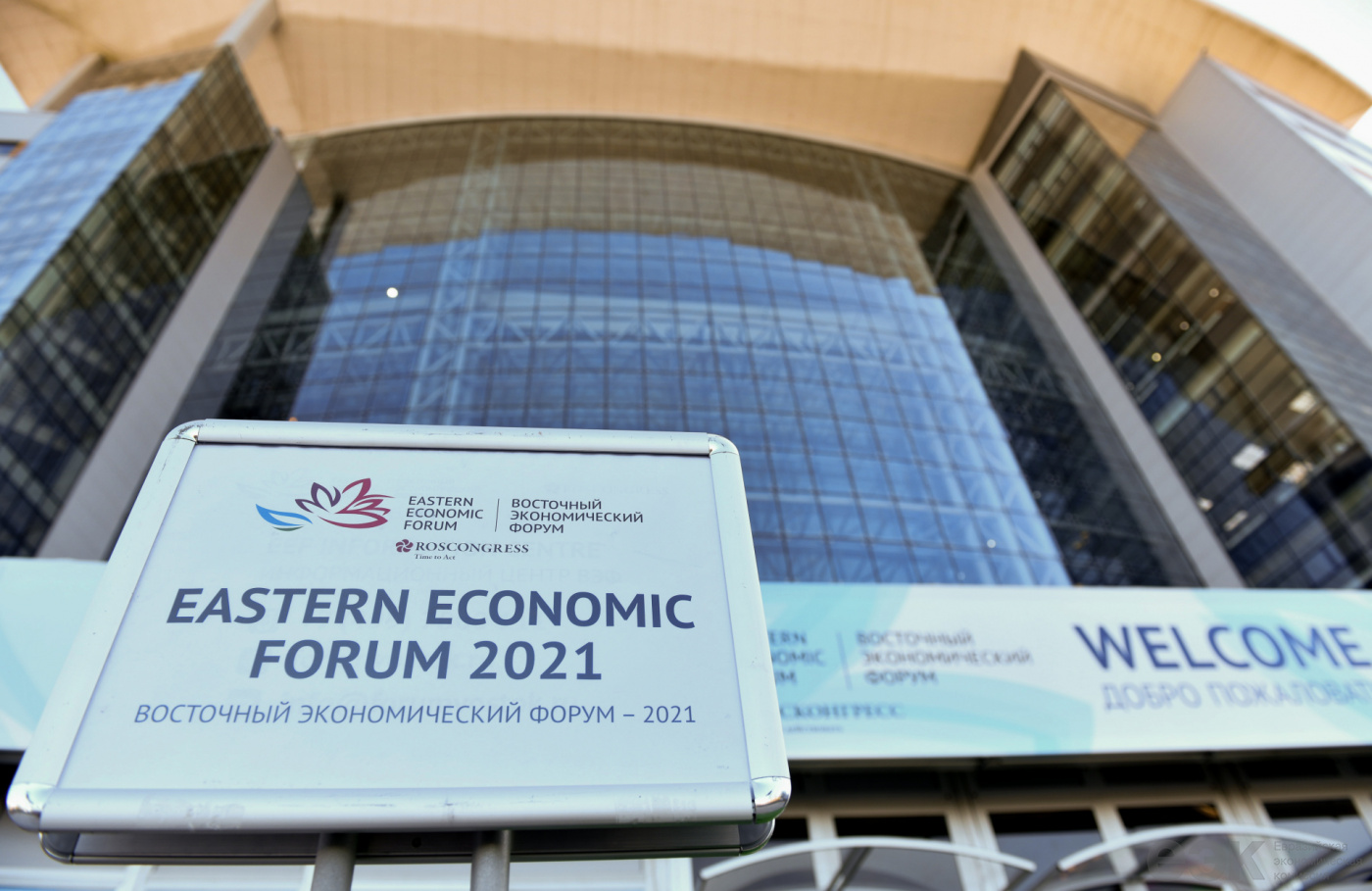News
EEF-2021: EAEU network of international contacts lays groundwork for Greater Eurasian Partnership
"The Eurasian Economic Union becomes the core of forming the Greater Eurasian Partnership. We have established ties with many countries and international organizations of the continent. Memoranda of Cooperation have been signed with the ASEAN and a number of States on the continent. Negotiations on forming free trade areas are underway. Even today they work with Vietnam and Singapore. An agreement on fundamental principals of transiting to a free trade area with Iran has been signed. Discussions on a full-scale trade and economic cooperation with China are held," Sergei Glazyev stated. He has also stressed that implementing the idea of coupling the development of the EAEU and the Chinese One Belt and Road Initiative gives initial results - lists of priority projects are being formed.
The EEC Minister has noted that the Union is open for further expansion of cooperation and announced the early signing of a memorandum of understanding between the EEC and the Secretariat of the Shanghai Cooperation Organization, which, in fact, will complement the EAEU–ASEAN dialogue and will continue to lay the groundwork for the Greater Eurasian Partnership.
Sergei Glazyev made an emphasis on unconditional respect for the diversity of cultures and economic opportunities of potential GEP participants.
"A new global economic paradigm is being formed in the world, which combines strategic planning and market self-organization, state control over money circulation and private entrepreneurship. It is hardly possible to enforce any dismal standard forms upon our Eurasian continent," the EEC Minister stressed. "Our joint history gives many examples of how it is possible to form our shared vision of the future within a vast Eurasia and successfully implement it".
During the session, Goar Barseghyan, Director of the EEC Integration Development Department, brought her insights on the prospects for forming the Greater Eurasian Partnership as well.
She stressed the GEP importance as a promising platform for the Eurasian dialogue which opens possibilities for the substantive discussion of relevant matters between the nearby neighbors.
"Of course, there are formats for dialogue in Eurasia - these include the SCO, the CIS, the ASEAN and other structures, but present-day developments dictate the need for a more universal format and such a request becomes clearer," Goar Barseghyan stated. “Moreover, there are more and more topics that need to be discussed at the level of macro-regions. Since last year, these are primarily health issues. This year, discussions about green growth of economies get a new quality. Along with that, there are also many traditional questions the answers to which should be better worked out with account taken of the regional specifics and interests of Eurasia".
The Director of the EEC Department has also commented on the thesis that the space of trust is a conceptual factor in the GEP formation. In her opinion, trust is a quite tangible substance being of interest for both governments and the business community. Trust should mean, inter alia, predictability in actions and key steps in regulating foreign trade activities and creating favorable conditions for business circles.
"Forming such a space of trust will be much more efficient when not only national governments, but also integration associations will participate in it. Such a structure will enable respecting the interests of the widest possible range of participants and upholding the principles of multipolarity in international relations to great effect," Goar Barseghyan summed up.
The discussion was attended by Vladimir Norov, Secretary General of the Shanghai Cooperation Organization (SCO), Mikhail Fradkov, Director of the Russian Institute for Strategic Studies (RISS), Zarema Shaukenova, Director of the Kazakhstan Institute for Strategic Studies under the President of the Republic of Kazakhstan (KISS), Tadzio Schilling, Director General of the Association of European Business (AEB), and representatives of expert circles of the Eurasian countries. The session was moderated by Kirill Barsky, Ambassador-at-Large of the Ministry of Foreign Affairs of the Russian Federation.





